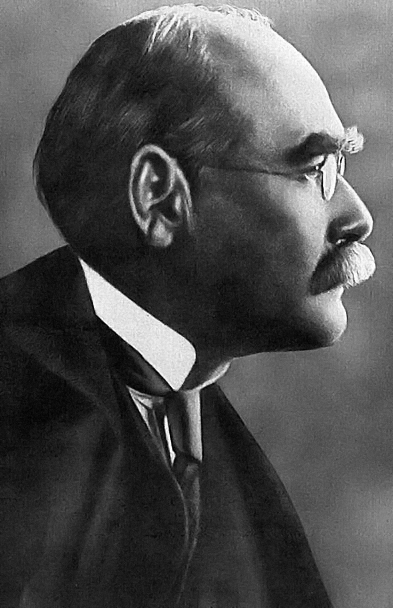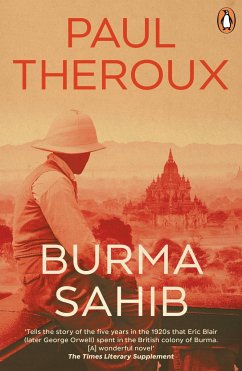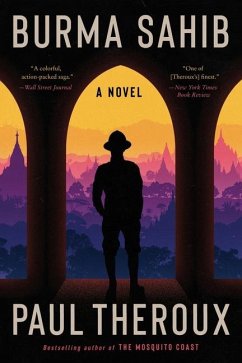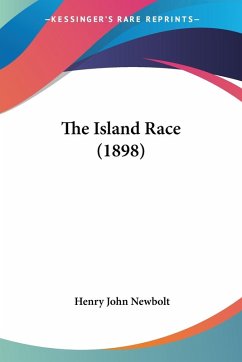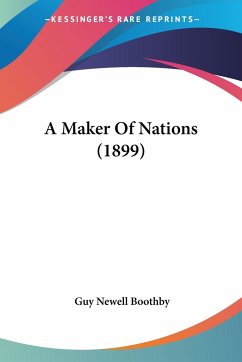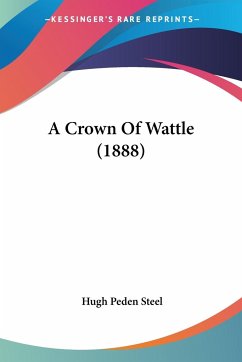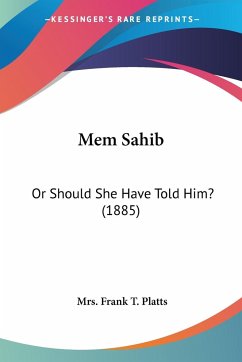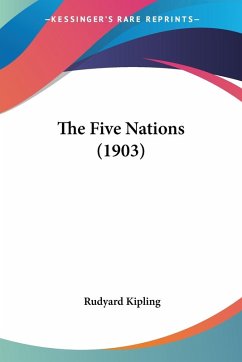
The Five Nations (1903)
Versandkostenfrei!
Versandfertig in 1-2 Wochen
26,99 €
inkl. MwSt.

PAYBACK Punkte
13 °P sammeln!
The Five Nations is a collection of poems written by Rudyard Kipling and published in 1903. The collection includes poems that deal with the themes of patriotism, imperialism, and war. The title of the collection refers to the five major powers of the time - Britain, France, Germany, Russia, and the United States. The poems in the collection are written in Kipling's characteristic style, which is marked by a strong sense of rhythm and rhyme. Some of the most famous poems in the collection include ""The White Man's Burden"", which is a call for Western nations to take up the burden of civilizin...
The Five Nations is a collection of poems written by Rudyard Kipling and published in 1903. The collection includes poems that deal with the themes of patriotism, imperialism, and war. The title of the collection refers to the five major powers of the time - Britain, France, Germany, Russia, and the United States. The poems in the collection are written in Kipling's characteristic style, which is marked by a strong sense of rhythm and rhyme. Some of the most famous poems in the collection include ""The White Man's Burden"", which is a call for Western nations to take up the burden of civilizing the rest of the world, and ""Recessional"", which is a warning against the dangers of pride and arrogance. The Five Nations is considered to be one of Kipling's most important works and is widely regarded as a classic of English literature.This scarce antiquarian book is a facsimile reprint of the old original and may contain some imperfections such as library marks and notations. Because we believe this work is culturally important, we have made it available as part of our commitment for protecting, preserving, and promoting the world's literature in affordable, high quality, modern editions, that are true to their original work.



